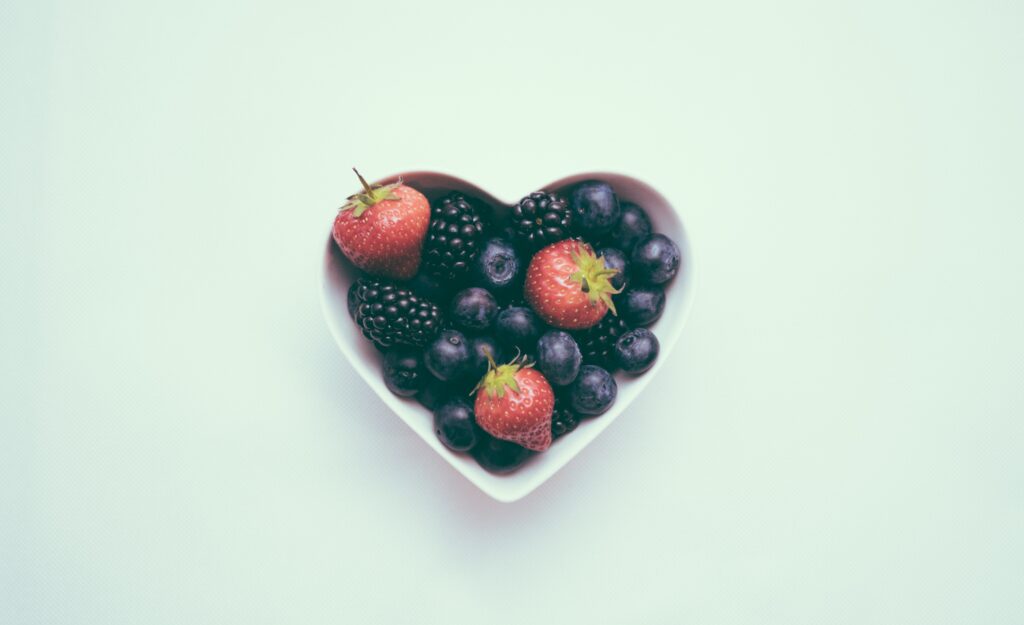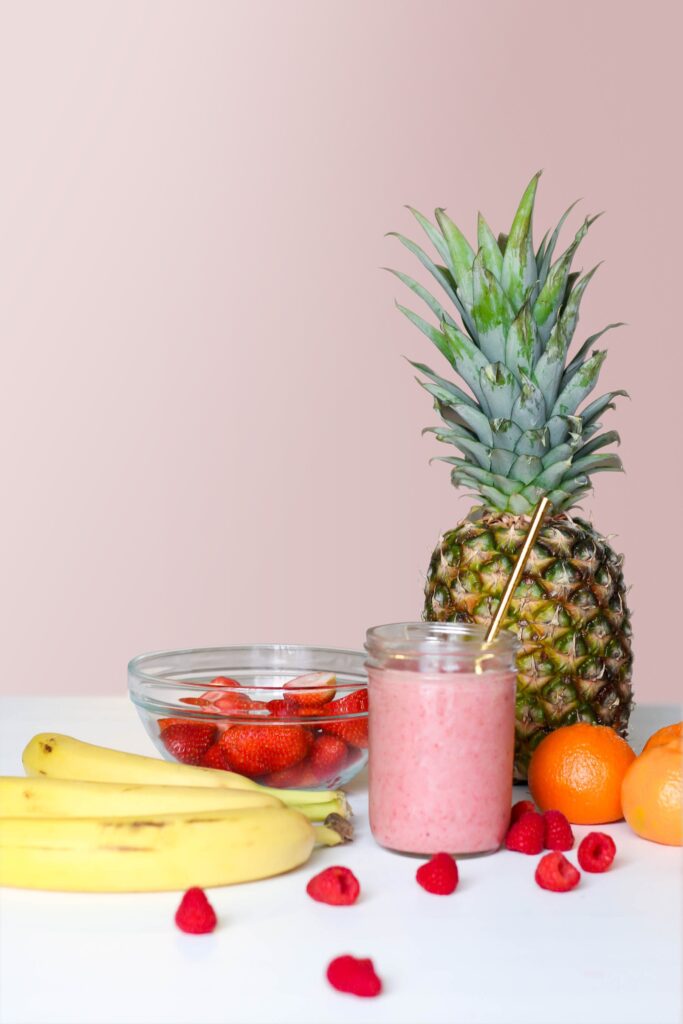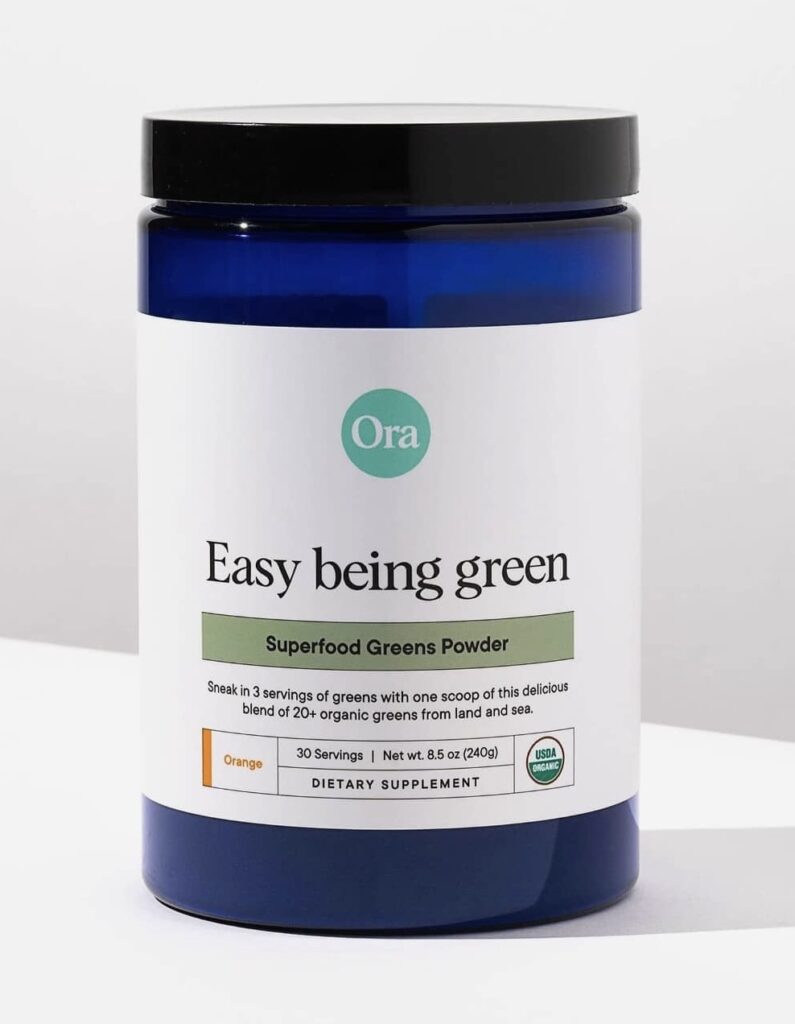Food Fears, Future Foods & Hot Trends- What’s There To Know
Did you know?– Nutrition questions are amongst the most Googled questions around the web today.
In this article, I wanted to isolate some of the most interesting topics googled and give you guys evidence-based answers.
One of the most googled terms has to do with clean eating, which is included under the category of food fears.

Clean Eating
Have you ever come across the term clean eating? Now guys, if we were to discuss this particular phrase in an evidence-based light, clean eating could be interpreted to mean that a person focuses on food safety. For example, washing your hands or being aware of the correct storage and cooking methods to prevent the spread of dangerous bacteria. Unfortunately, though, this is not what clean eating usually refers to. The clean eating that you see on social media is not evidence-based. And yet on Instagram, it has accumulated more than 45 million posts. The term clean eating has been linked to an emerging eating disorder known as Orthorexia Nervosa.
Orthorexia Nervosa
This term was first described in 1997 by an alternative medicine practitioner as the pathological obsession with eating biologically pure and healthy food. The term is derived from the Greek word ortho, meaning straight, correct, and true, and orexia meaning appetite. Often orthorexia originates from a person’s innocent desire to overcome illness or to improve their health. So it starts off small, but then it grows out of proportion. With time, these people may feel a sense of superiority over those consuming what they deem to be a “less healthy” diet, and they may even be driven to share the virtues of their diets with everyone around them. In orthorexia, there is also a clear distinction between foods that are considered to be good (these are often foods that are healthy, organic, non-GM or natural) and then there are of course, the bad foods.
Those affected by orthorexia are usually less concerned with the quantity of food they consume compared to the quality of this food, and they may even feel compelled to prepare food in a particular way, using specific utensils and dishes. While body image concerns are typically not the underlying motivation for this dietary improvement, body dissatisfaction has been shown to be greater amongst people who do suffer from orthorexia. So it is a combination of several factors. In severe cases, orthorexia’s negative medical complications are similar to those that are seen in anorexic patients due to malnutrition. A person with orthorexia may also become socially isolated, and they may even experience affective instability because of the time that they devote to planning, purchasing, and preparing meals.

Dirty Dozen
The Dirty Dozen is a list of fruits and vegetables in the United States containing the greatest number and amount of pesticides. It is an average amount of all pesticides found on 45 popular fruits and vegetables prior to washing based on a survey developed by the US Non-Profit Environmental Working Group or EWG. The ‘dirty’ dozen includes: apples, celery, sweet bell peppers, peaches, strawberries, nectarines, grapes, spinach, lettuce, cucumber, blueberries, potatoes, kale/collards, cherries and hot peppers. The EWG publicizes these results annually even though the actual levels are almost always below established tolerances, that is, their presence represents a hazard but not a risk. So something to remember here is that the dose certainly does make the poison!
Organic vs Conventional Produce
Something we ought to know about organic produce is that it definitely does cost more. Some people decide to go organic due to moral or social responsibility because the perception of organic food is that it is healthier, more natural and more ethical.
The basics of organic food vs conventional produce is the following:
- Organic food does not use GM or genetically modified seed
- Organic food does not make use of synthetic fertilizers or synthetic pesticides
- Organic food makes use of crop rotation in order to reduce the amount of these that they’ll need
- Organic food makes use of organic fertilizers
Is Organic Food Healthier and More Natural?
The bottom line is that eating more fruits and vegetables is definitely good for you, and most people really don’t eat the minimum requirements, so eating more of them is more important than how they were produced. Organic produce does tend to have fewer pesticide residues. However, less, does not mean none and natural does not mean it is less toxic than synthetic. Remember that toxicity relates to the concentration of the toxin and the amount of exposure. So once again, we are looking at the hazard and the risk. Just because something is natural does not make it harmless. This is why Ora Organic’s products are my favorite as they are sustainably sourced from organic and plant-based foods since they, including myself, believe in clean nutrition for a healthy body and a healthy planet!
Is Organic Farming More Ethical?
No one farming method is better than another. Each really does have its pros and cons. If you are interested in looking at your organic laws, it’s best to go and have a look at your Department of Health Website.

Future Foods and Hot Trends
Functional foods, also known as nutraceuticals are foods that are known to provide physiological function even though all foods provide some level of physiological function. Food gives us the energy and nutrients that we need to sustain life. There are macro nutrients like carbohydrates, proteins, and fats and of course, micronutrients, which are vitamins and minerals. In addition to this, phytochemicals or phytonutrients are special plant nutrients that give us health benefits over and above the usual vitamin and mineral content. Foods that are rich in phytonutrients are often called functional foods. These are whole foods that will lead to beneficial effects on your health when you consume them as part of a varied diet on a regular basis. This is why I love Ora Organic’s products as they contain a ton of phytonutrients from fruits and vegetables (including legumes), flaxseed, whole grains, spices, and herbs!
Superfoods
The term superfood has made itself super comfortable in our everyday conversation. But what makes a superfood so super? And do we absolutely have to eat these magical foods to stay healthy? Or can we eat various normal foods to get similar health benefits? The term ‘superfood’ has been classified as a term for foods that are nutrient-dense. Yes, that’s right. Packed with nutrients, Ora Organic’s Easy Being Green- Superfood Greens Powder is great if you’re starting out.
“And God said, “Behold, I have given you every plant yielding seed that is on the face of all the earth, and every tree with seed in its fruit. You shall have them for food.” (Genesis 1:29)
**Erica weaves themes of transformative hope and grace-filled leadership into everything she shares on her blog. She’s an author, a speaker, and a life coach, who offers honest encouragement and road-tested wisdom about topics ranging from leadership and lifestyle, to discovering your God-crafted identity, design, and purpose.
This post is sponsored by: https://hype.co/@ericakenechi